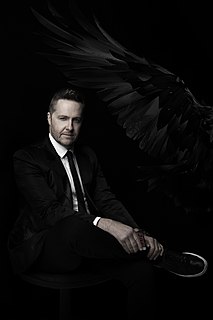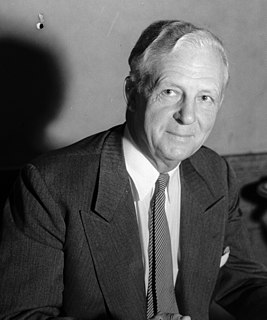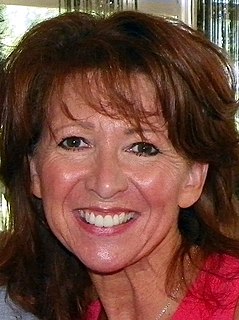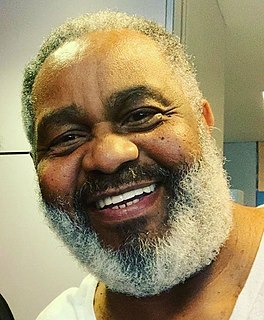A Quote by Keith Barry
I don't pretend that I can read minds. I don't believe anybody can read minds. In other words, I don't believe in psychics.
Quote Topics
Related Quotes
The truth seems to be that propaganda on its own cannot force its way into unwilling minds; neither can it inculcate something wholly new; nor can it keep people persuaded once they have ceased to believe. It penetrates into minds already open, and rather than instill opinion it articulates and justifies opinions already present in the minds of its recipients.
My interest really is psychology, what's going on in people's minds as revealed on their faces and in their posture. That is my strength. And it's something that came from probably being a silent observer for most of my life and having to read what was going on in people's minds from only their postures or from their expressions.
Experts generally agree that taking all opportunities to read books and other material aloud to children is the best preparation for their learning to read. The pleasures of being read to are far more likely to strengthen a child's desire to learn to read than are repetitions of sounds, alphabet drills, and deciphering uninteresting words.



































